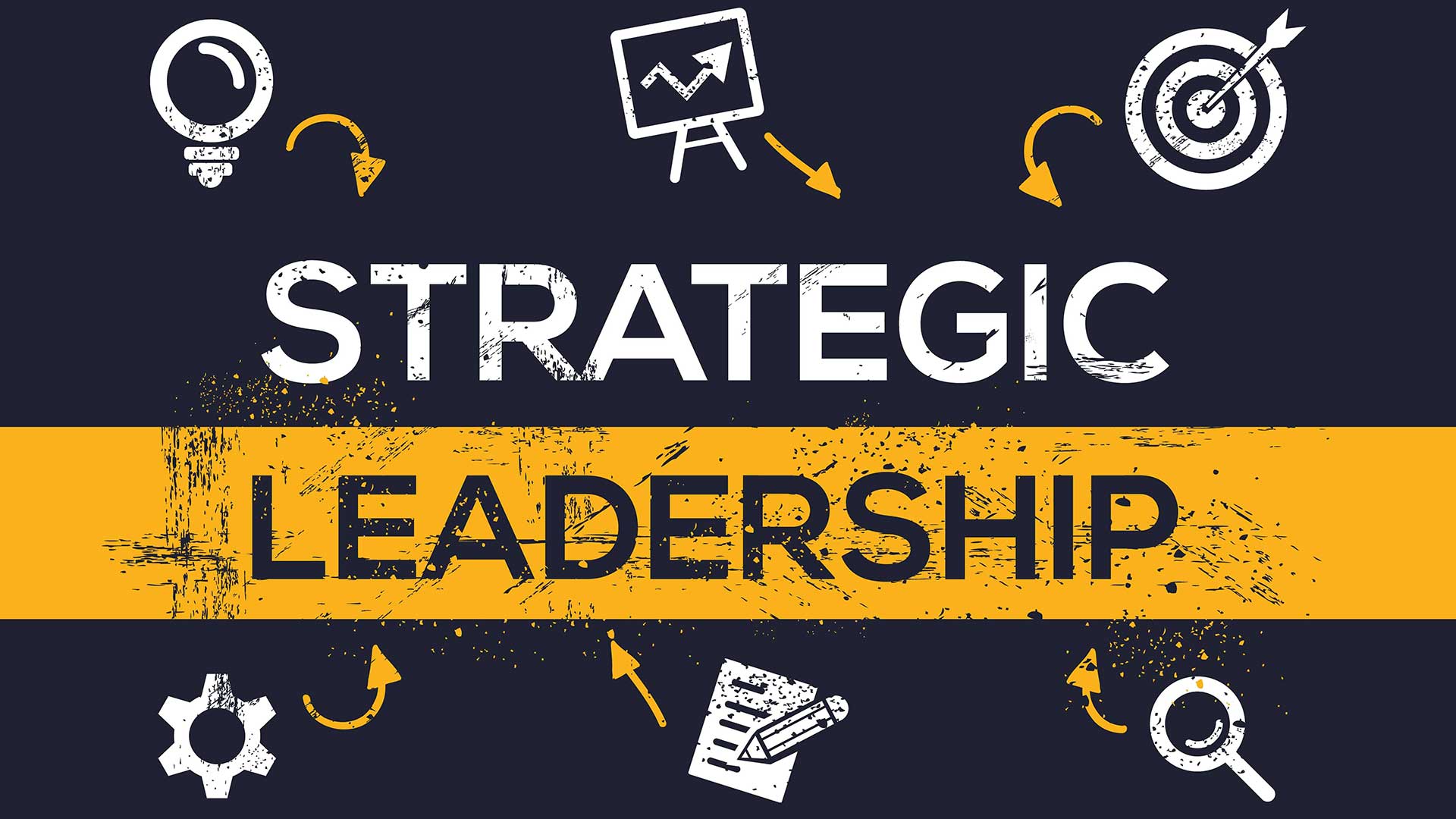
Leaders shape communities, organizations, and nations. Good leaders provide guidance and make the necessary decisions that keep the work going. Identifying a bad leader is not tough but how does one identify a good leader? Here are some traits and fundamental traits of strategic leaders:
- Integrity, which is especially necessary for top-level leaders who chart the organizational course and make important decisions
- Delegation, its objective is not to reduce your workload but to provide your people the opportunity to grow, encourage teamwork, and encourage better decision-making
- Communication in different ways, which include transmitting information and inspiring others while being able to communicate with people across various geographies, roles, social identities, and more
- Self-awareness to enable leaders to understand themselves and recognize their strengths and weaknesses
- Agility that allows leaders to be quick learners and excel in unfamiliar situations
- Empathy is an important component of emotional intelligence and shows leaders’ behaviours towards the employees and encourages inclusion
- Respect towards others is important and helps to ease tensions and conflicts while encouraging trust and improving overall organizational efficiency
Strategic leadership training
As emerging leaders develop their leadership styles, having the necessary skills and knowledge to influence and increase their impact becomes crucial. An effective strategic leadership training program in Bangalore offers participants actionable results to become efficient leaders. The learnings allow them to learn an effective and strategic approach encompassing their experiences, strengths, and aspirations.
Schedule a call with a Pragati Leadership expert to discuss how we can support your strategic objectives.
Schedule your CallTraining format
An effective program includes case studies, discussions, and personal training to assess, design, and prepare for your leadership growth. Additionally, participants are provided assignments and must participate in group discussions to determine their learnings. Some key topics included in these training programs include:
Self-discovery and self-reflection
- Understand your leadership style
- Determine your goals to enhance professional impact and influence
- Prepare to take advantage of leapfrog opportunities that come in your career
Design and planning
- Design a leadership development roadmap that focuses on developing relevant skills and channels your passions
- Explore various leadership development transformations that include moving up fluidly and laterally
- Accept assistance and feedback from colleagues and trainers to help participants achieve their goals and milestones
Preparing for a thriving career
- Effective communication to influence people across the organization
- Resolve conflicts and bridge differences for more effective and efficient collaboration
- Learn different ways to develop leadership skills throughout your career path
Self-assessment
Prior to starting the program, the participants are required to complete a self-assessment and review. Additionally, a few of your close colleagues are given the opportunity to confidentially assess your areas of improvement to enable you to become an efficient strategic leader. Self-assessment and peer reviews are used to determine your leadership style and formulate the training program and discussions.
Mentoring
Participants are also allowed to have a one-on-one mentoring session. The mentor is familiar with the entire training program and spends time to assess and prepare you for your journey towards becoming a strategic leader. The program curriculum is translated into specific goals and develops an actionable plan to implement your learnings and sustain your leadership trajectory in the long term.
Good leaders are not born and can be made and leadership skills can be developed by participating in an effective strategic leadership training program in Bangalore. Good leaders can be developed with experience, continuous studying, and adaptation.
Leadership is a journey and not a destination. You must work on it regularly throughout your professional career irrespective of where you reach within the organization or the industry. Different projects, situations, and teams have distinct challenges and require various leadership skills to be successful. Organizations can strengthen their leaders and improve engagement by offering various on-the-job learning experiences, formal development opportunities, and mentoring programs.
Ready to elevate your leadership skills and drive success? Join Pragati Leadership‘s strategic leadership development training today and unlock your full potential. Don’t miss out on this opportunity for growth and excellence. Enroll now and lead with confidence!
Share on Social Channels
Our Categories
Categories
- Behaviorial (6)
- Blog (240)
- Coaching (8)
- Corporate Trainers (6)
- Developing Collaboration (12)
- Emotional Intelligence Training (11)
- Executive Leadership Program (26)
- First Time Manager Training (10)
- Inspirational Leadership (17)
- Inspiring and Successful Leadership Awards (16)
- Leadership Awards (37)
- Leadership Development (118)
- Leading Virtual Teams (6)
- Management Development (29)
- Marketing (2)
- Negotiation Skills Training (5)
- Organizational Transformation (24)
- Others (24)
- Stakeholder Management (3)
- Strategic Leadership Development Program (3)
- VUCA Leadership (2)
- Wholesome Leadership (23)
- Women Leadership (15)
Recent Insights
Aspiring to be seen as an effective leader? Learn about developing your executive presence (EP);...
Leaders can no longer rely on outdated command-and-control approaches. Looking ahead, we envision a future...
Having a strong leadership pipeline is more important in today’s dynamic environment than ever before....
Congratulations! You have been promoted to a managerial position. This promotion is most likely the...
Leaders in today’s dynamic and fast-paced world need more than technical skills, strategic thinking, and...
